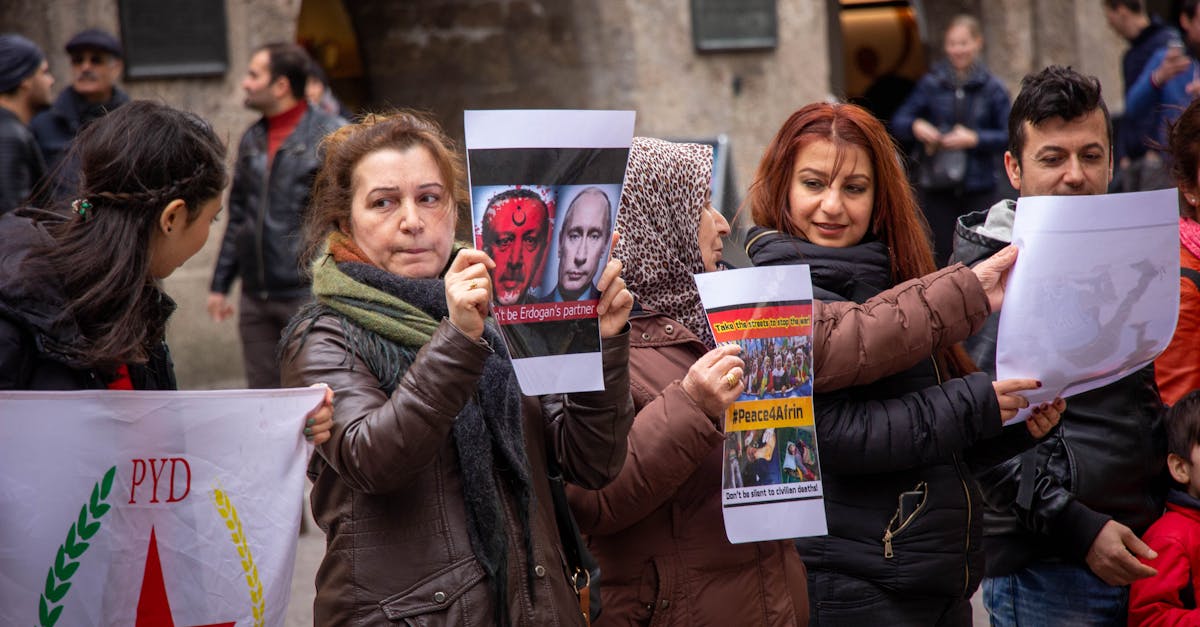As global tensions rise amidst ongoing conflicts, leaders around the world are urging Russian President Vladimir Putin to think about a ceasefire. This pressure is coming not only from diplomatic channels but also from economic concerns. The ongoing sanctions and military costs are weighing heavily on Russia’s economy, like a storm cloud overhead. The implications of this situation stretch far beyond the battlefield, affecting international relations, trade, and even energy markets.
Historical Context of Ceasefires
Throughout history, ceasefires have been critical turning points in conflicts. The way these truces are formed often involves complicated negotiations, with underlying economic and political motives at play. For example, ceasefires have been used as strategic pauses to regroup or rethink one’s approach in an ongoing war. Understanding past ceasefires can shed light on the potential pathways to peace in the current crisis involving Russia.
The Role of Economic Factors
The economic consequences of prolonged conflict are enormous. As sanctions against Russia continue to tighten, the strain on the economy is capturing the attention of both Russian citizens and their leaders. Reports indicate that the costs of war, combined with sanctions, are contributing to an obvious economic downturn in Russia. According to a report by the International Monetary Fund (IMF), if the conflict carries on, Russia’s economy could shrink significantly, which could motivate Putin to consider a ceasefire more seriously.
Global Reactions to the Crisis
Responses from the international community regarding the ongoing crisis have not gone unnoticed in Moscow. From NATO’s position to Western sanctions, the global community has largely come together in its response. These reactions have had a significant impact, straining relations not only between rival countries but also affecting global trade. In an analysis by Brookings, experts discuss how these dynamics influence Russia’s decision-making regarding a ceasefire.
Public Opinion Within Russia
The feelings of the public are vital in steering government decisions. Recent polls show mixed reactions among Russians regarding the extent of military action and the call for peace. As casualties rise and economic pressures increase, many citizens are starting to question their government’s military strategy. This public sentiment may push Putin to rethink his current path as he aims to maintain stability at home.
Strategic Impacts of a Ceasefire
If a ceasefire were to take place, its strategic consequences would be far-reaching. Not only would it change the immediate military situation, but it could also create opportunities for negotiations over significant issues like territorial disputes. Analysts speculate about the beneficial outcomes that could arise from a negotiated peace, citing examples from the various peace agreements in the Balkans during the 1990s that altered regional dynamics.
Future Projections
Looking forward, the question remains: what are the most likely scenarios if Putin decides to investigate a ceasefire? Different experts predict a variety of outcomes, from renewed diplomacy to further breakdowns of alliances. The role of international mediators is crucial, as they may be key in facilitating discussions among competing interests.
The Importance of Continued Dialogue
Dialogue is a vital part of any path towards peace. Experts stress that consistent communication channels must be kept open in order to build trust and understanding. Furthermore, conversations that include varied voices from opposition groups within Russia are essential for any lasting peace to be established. The success of such efforts relies on a commitment from both sides to engage seriously and constructively.
In conclusion, Putin’s call for a ceasefire symbolizes larger struggles involving military, economic, and social considerations. As the world watches closely, the implications of this situation demonstrate not only the fragile nature of current geopolitics but also the essential need for diplomatic engagement. The possibility of a ceasefire serves as a reminder that even amidst conflict, paths to peace remain available, provided that the political will exists to pursue them.
